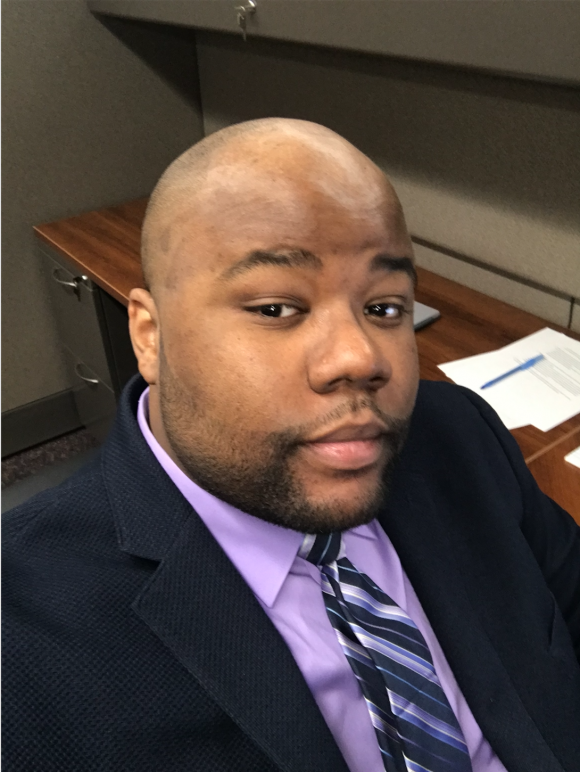
Stephens has found that MSP fosters an environment in which everyone raises each other up.
Representation matters. When there is a lack of one’s self in images, in neighborhoods, in schools, in professions, the consequence is that one’s worldview is restricted—one does not consider the full potential of what could be because one does not consider what one has not seen or known to be possible. To combat this is why I choose to pursue an education in the law, and moreover, why I participate in the Minority Student Program (MSP).
As a society, we invoke the term diversity, but we do not always make it clear what we mean or hope to accomplish. For my small part, I believe that diversity must chase equity. Any system that claims to seek justice must encourage multiplicity of thought, experience, knowledge, and ability. The law is a fundamental example of this. If we are to be a nation bound to a system of laws, then that system—and those who practice within it—must reflect all of us. Lawyers, whether they are legislators, judges, or practicing attorneys, write, interpret, and argue the law. If there exists none with my lived experiences, my background, my thoughts, in creating the laws to which I am bound, then I am at a disadvantage simply by my being. Author James Baldwin wrote, “The law is meant to be my servant and not my master, still less my torturer and murderer.” The law is not supposed to put one at a disadvantage based on one’s identity and self; it is, in fact, supposed to protect those who are most vulnerable from oppression.
Race, gender, religion, sexuality, age, socioeconomic status, and more are all vehicles by which we live out our existences, but they are also symbols that influence what we come to believe, desire, and know. My identity as a black American in a nation predicated upon the lawful subjugation of black bodies influences my view of the law and informs my desire to seek justice against continued oppression and inequity. My identity as a male in a patriarchal society pushes me to leverage my privilege in a way to hopefully ultimately eliminate it. These symbols and experiences become the reasons for which I wish to create change, using the law as a tool to do so. In this, I think of legendary figures like Charles Hamilton Houston, Thurgood Marshall, and Constance Baker Motley and the ways they effected tremendous change through the use of law itself to strategically and systematically dismantle inequitable laws.
Without MSP on the Camden campus, it would be much more difficult to contemplate the possibility of this. While the aforementioned figures are iconic, the reality is that there is a great lack of diversity within the legal profession, which itself is a barrier to improving diversity within the legal profession. Admission to law school is only the first step. Just as important, or perhaps more so, is the support received after matriculating. Rhasheda Douglas, Camden’s Assistant Dean for MSP, was the first administrator I met post-admission and has been a steady support system for MSP participants. She is unapologetic and unwavering in her efforts to build programming and create opportunities for us to flourish, both as students and as future practitioners.
Through mentorship programming, interview practice and feedback, internships, resume review, and panel discussions, MSP provides a wealth of resources of which to take advantage. I think most transformative is the consistent exposure and access to attorneys and judges through MSP. To see, hear from, and speak with those in the legal profession who have similar backgrounds to me firmly plants the reality of what this profession could be. Law school can be a singularizing experience, but MSP fosters friendship and support, and in doing so, creates the environment in which we all raise each other up.
